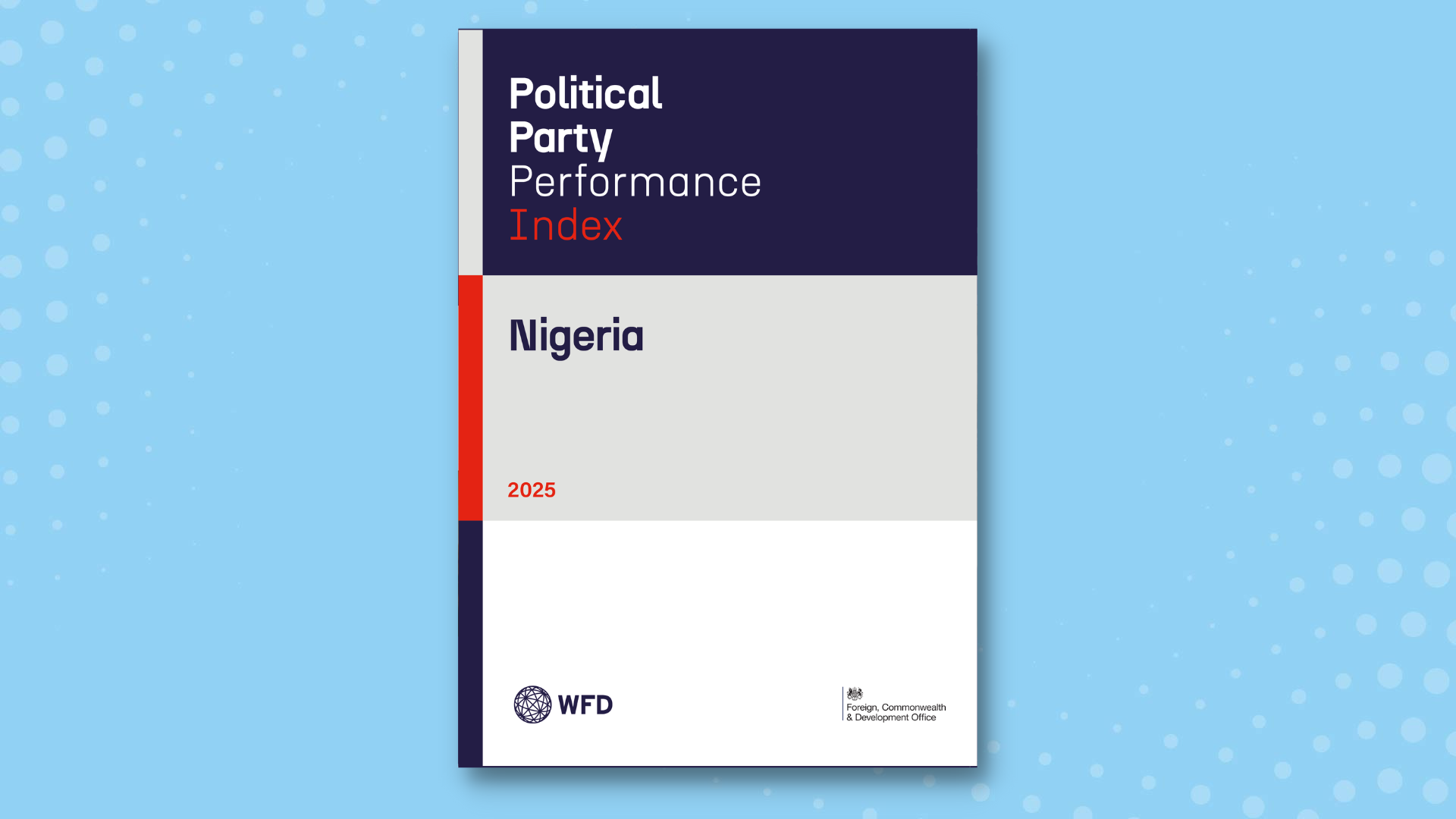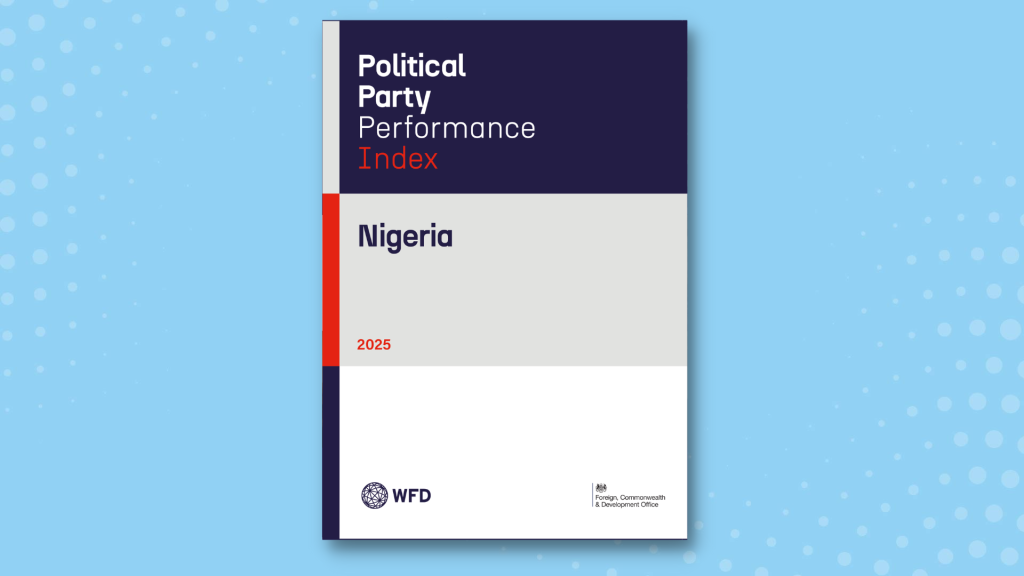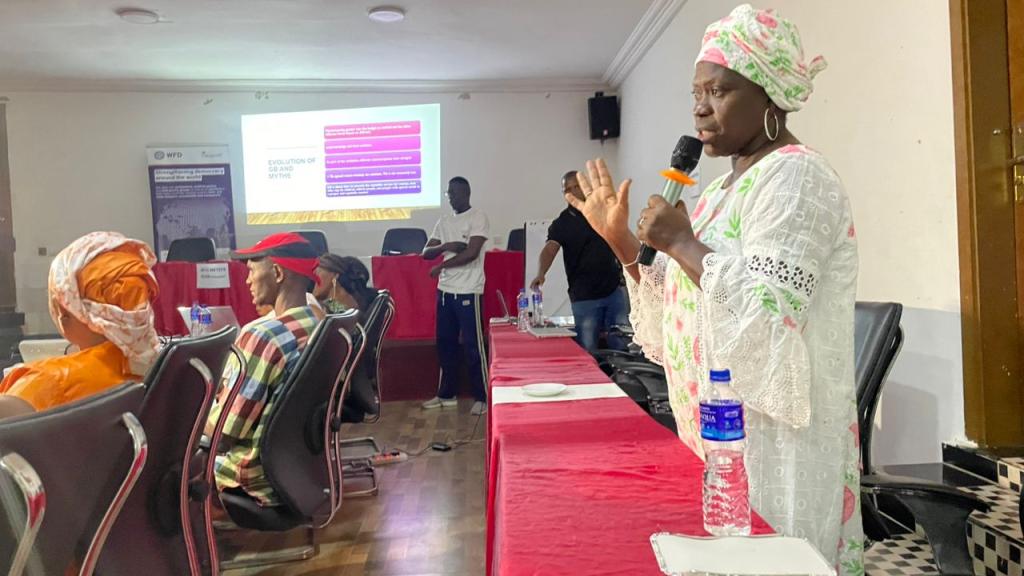What is the PPPI?
The Political Party Performance Index (PPPI) is a data-driven framework designed to assess the internal and external performance of political parties in Nigeria. It evaluates how well parties uphold democratic values across three key pillars:
- Inclusivity Practices: Examining how parties promote the participation of women, youth, and persons with disabilities within their structures.
- Legal Compliance: Evaluating party adherence to regulatory obligations, including financial reporting, constitutional conformity, membership structures, and operational mandates.
- Public Outreach: Assessing how parties communicate their ideology, engage the media, conduct voter education, and build visibility at the grassroots.
Why it matters
Political parties are the foundation of any democracy. Yet in Nigeria, gaps persist between what parties claim and what members and citizens experience. The PPPI bridges this gap by offering:
- A triangulated assessment using data from party executives, members, INEC officials, and citizens.
- A comparative analysis of party performance “on paper” vs. “in reality”.
- Actionable recommendations for reform, accountability, and democratic strengthening.
Key findings
- Most parties overstate their inclusivity and outreach efforts.
- There is a significant credibility gap between leadership claims and grassroots realities.
- Only a few parties demonstrate strong alignment between internal policies and public perception.
This work is part of the Nigerian Open Political Party (NOPP) Project. The NOPP project, funded by the FCDO, aims to increase the participation of women, young people, and persons with disabilities (PWDs) in Nigeria's political and electoral processes. WFD leverages its collaborations with political parties, the National Assembly, and civil society to promote inclusive representation and strengthen internal democracy of political parties.




